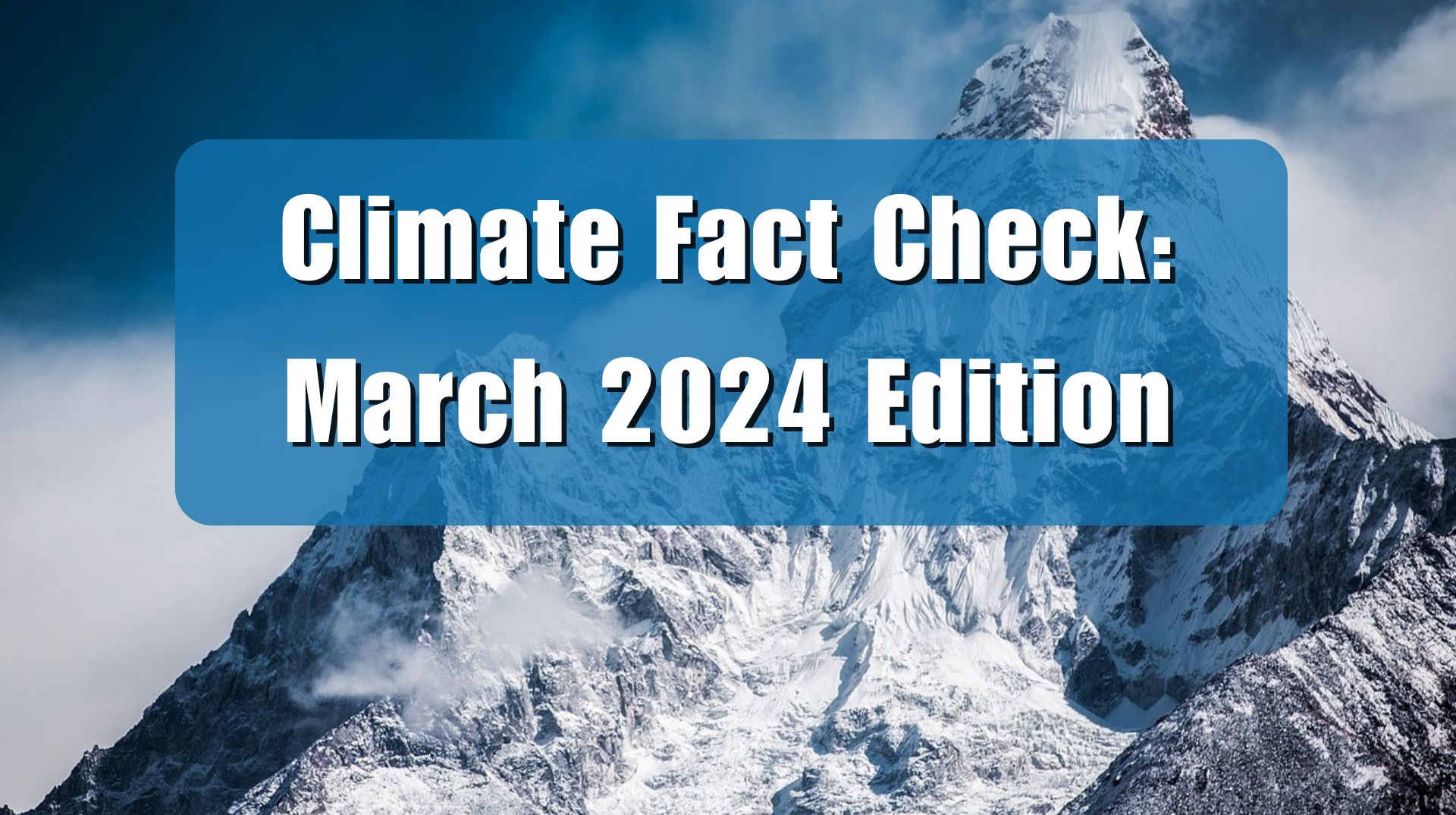Climate activists have been caught telling more lies about climate change and crop production. Google News today is linking to an article in Singapore’s Straits Times, titled, “The Twin Threats to Food Security: Pandemics and climate disruption.” The article makes several claims about global warming harming crop production, but objective data completely demolish each of the claims.
Central to the article, the author wrongly attributes food price spikes in 2010 to food shortages, writing:
“In 2010, a combination of droughts and severe floods in key grain growing countries, including Australia, Canada, China and Russia, caused food shortages and price spikes that fueled political unrest in the Middle East, triggering the Arab Spring. The UN Food and Agricultural Organization’s food price index for December 2010 hit an all-time high as nations scrambled for food, leaving the poorest and most vulnerable at risk of starvation.”
Whatever drove higher prices, it was not a dearth of food production. In 2010, the United Nations Food and Agriculture Organization (FAO) reported global production of the cereal crops (the Big Three of corn, wheat, and rice) set new records (http://www.fao.org/faostat/en/#data/QC/visualize). Canada was one of the nations setting a new record for crop yields that year (https://www.theglobaleconomy.com/canada/cereal_yield/). China produced its second-highest yields (https://www.theglobaleconomy.com/china/cereal_yield/) up to that point in time. Also, many Middle Eastern countries set crop production records in 2010.
The political unrest that occurred in the Middle East at that time, the Arab Spring, was reaction to longstanding government oppression, not climate change. That is why many countries in the same region, countries with the same climate conditions but having more open or democratic governments, experienced no riots. Tyranny, not climate change, sparked the Arab Spring.
Pandemics may or may not threaten food security, but climate change certainly doesn’t.

















“Whatever drove higher prices…” What drove higher prices was the cost of oil, which was at all-time highs. In 2008, a barrel of oil cost $110-$147. In 2010, it was hovering at around $80-90. Grocery stores across the world raised prices because of the costs of transportation. But after the oil prices went down, grocery store prices didn’t. Remember $4.50 for a gallon of regular gas? And Obama did nothing to help with the problem.